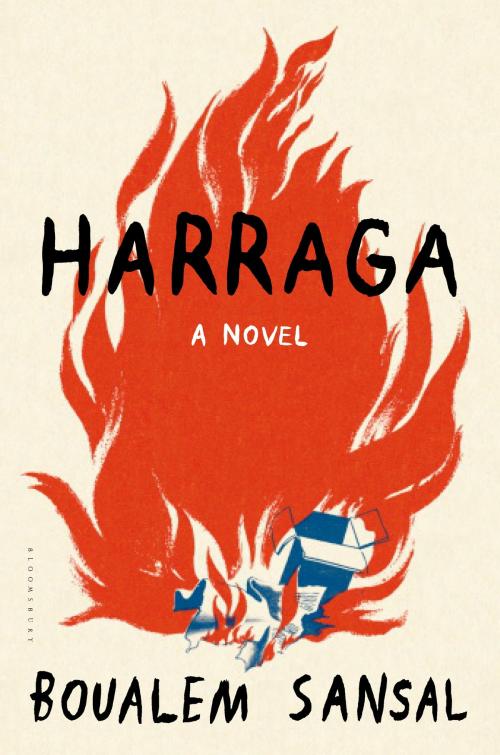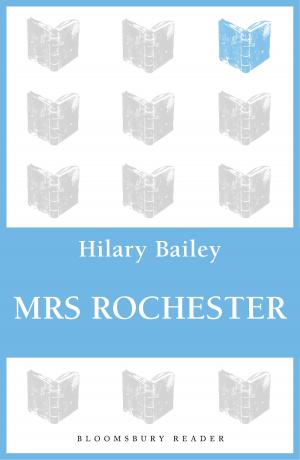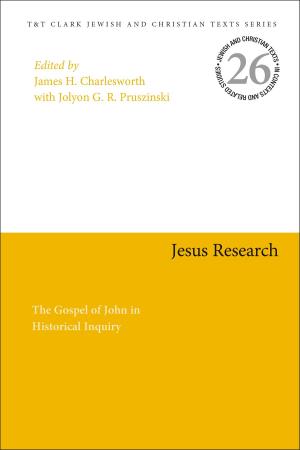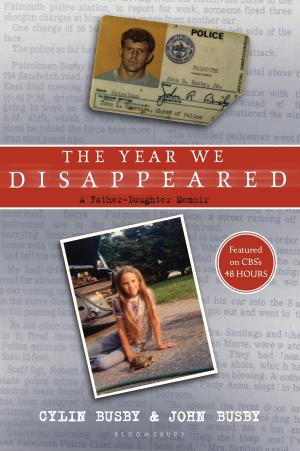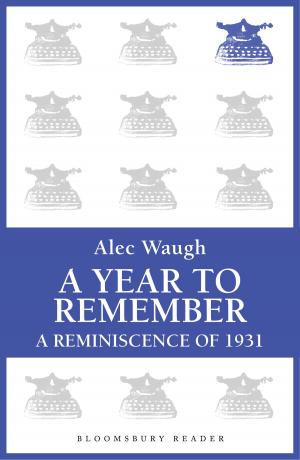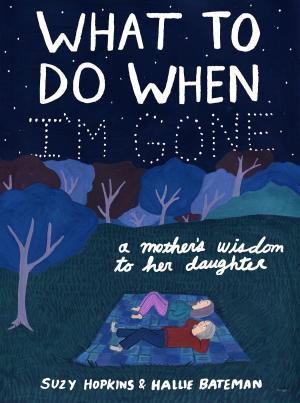| Author: | Boualem Sansal | ISBN: | 9781620402269 |
| Publisher: | Bloomsbury Publishing | Publication: | January 13, 2015 |
| Imprint: | Bloomsbury USA | Language: | English |
| Author: | Boualem Sansal |
| ISBN: | 9781620402269 |
| Publisher: | Bloomsbury Publishing |
| Publication: | January 13, 2015 |
| Imprint: | Bloomsbury USA |
| Language: | English |
Harraga. The term means "to burn," and it refers to those Algerians in exile, who burn their identity papers to seek asylum in Europe. But for Boualem Sansal, whose novels are banned in his own country, there is a kind of internal exile even for those who stay; and for no one is it worse than for the country's women.
Lamia is thirty-five years old, a doctor. Having lost most of her family, she is accustomed to living alone, unmarried and contentedly independent when a teenage girl, Chérifa, arrives on her doorstep. Chérifa is pregnant by Lamia's brother in exile -- Lamia's first indication since he left that he is alive -- and she'll surely be killed if she returns to her parents. Lamia grudgingly offers her hospitality; Chérifa ungratefully accepts it. But she is restless and obstinate, and before long she runs away, out into the hostile streets -- leaving Lamia to track her, fearing for the life of the girl she has come, improbably, to love as family.
Boualem Sansal creates, in Lamia, an incredible narrator: cultured, caustic, and compassionate, with an ironic contempt for the government, she is utterly convincing. With his deceptively simple story, Sansal delivers a brave indictment of fundamentalism that is also warm and wonderfully humane.
Harraga. The term means "to burn," and it refers to those Algerians in exile, who burn their identity papers to seek asylum in Europe. But for Boualem Sansal, whose novels are banned in his own country, there is a kind of internal exile even for those who stay; and for no one is it worse than for the country's women.
Lamia is thirty-five years old, a doctor. Having lost most of her family, she is accustomed to living alone, unmarried and contentedly independent when a teenage girl, Chérifa, arrives on her doorstep. Chérifa is pregnant by Lamia's brother in exile -- Lamia's first indication since he left that he is alive -- and she'll surely be killed if she returns to her parents. Lamia grudgingly offers her hospitality; Chérifa ungratefully accepts it. But she is restless and obstinate, and before long she runs away, out into the hostile streets -- leaving Lamia to track her, fearing for the life of the girl she has come, improbably, to love as family.
Boualem Sansal creates, in Lamia, an incredible narrator: cultured, caustic, and compassionate, with an ironic contempt for the government, she is utterly convincing. With his deceptively simple story, Sansal delivers a brave indictment of fundamentalism that is also warm and wonderfully humane.
